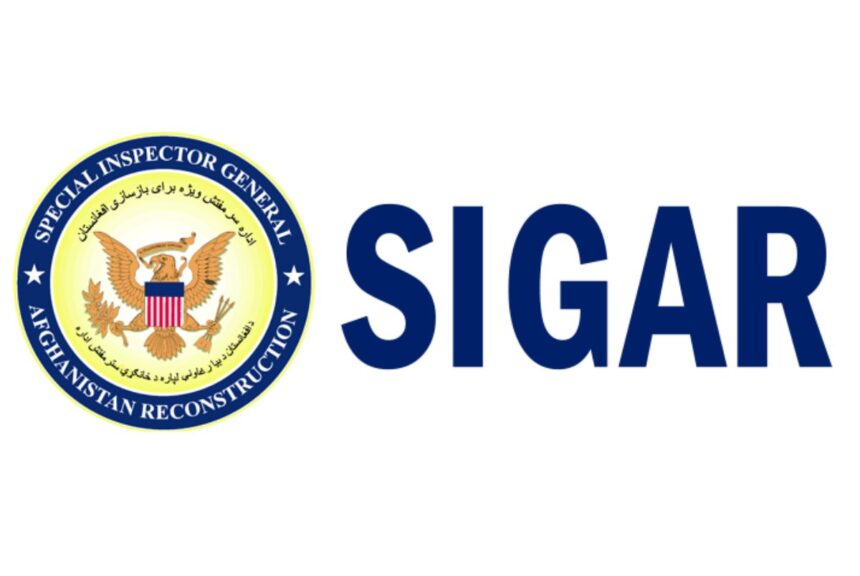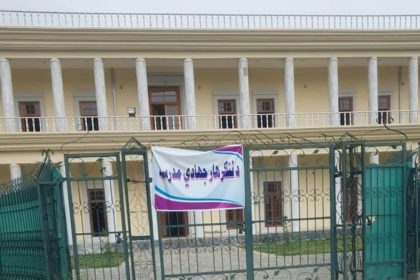RASC News Agency: The U.S. Special Inspector General for Afghanistan Reconstruction (SIGAR) has submitted its latest quarterly report to the United States Congress, painting a stark and sobering portrait of two decades of Western failure in Afghanistan. The 99-page document, released just weeks before the fourth anniversary of the Taliban’s return to power, underscores the catastrophic mismanagement of international funds, endemic corruption, and the eventual collapse of a mission built on fragile and politicized foundations.
According to the report, the Western-backed Afghanistani government lacked both the political will and institutional capacity to implement or sustain many of the development projects it was entrusted with. Billions of dollars in foreign aid poured into the country with little oversight were effectively squandered in a climate riddled with patronage and systemic abuse. One glaring example cited involves the construction of five border police facilities at a staggering cost of $26 million. These buildings, emblematic of wasteful spending, were either abandoned or repurposed for unrelated use one, shockingly, was converted into a chicken coop.
Veteran Afghanistan analyst Thomas Ruttig told Radio Free Europe/Radio Liberty that SIGAR’s findings have, for years, foreshadowed the inevitable failure of the mission. However, Western policymakers, unwilling to confront the gravity of the situation, continued to issue misleadingly optimistic statements to the public until the very end of their withdrawal in 2021. SIGAR and independent experts have long argued that the flood of foreign capital into Afghanistan served as fertile ground for corruption. Yet, instead of confronting these abuses with urgency, American officials prioritized short-term security and political objectives over sustainable governance. The consequence was a fragile state, hollowed from within, and incapable of defending itself when tested.
The report also reveals that in the final months of the Trump administration, many aid and development programs were abruptly terminated often without any formal explanation. The U.S. Agency for International Development (USAID) began systematically dismantling its operations in Afghanistan, signaling a quiet retreat even before the official military withdrawal. As the vacuum widened, the Taliban despite their lack of legitimacy and competence moved swiftly to seize international assets. According to SIGAR, Taliban operatives forcibly entered donor-funded project sites and confiscated equipment, cash, and sensitive documents. Nonetheless, U.S. government reporting on these Taliban seizures has been inconsistent, further muddying accountability.
SIGAR is expected to release a final report before formally concluding its operations in September. That report will focus on the so-called “lessons learned” from the Afghanistan debacle and how those lessons might inform future U.S. reconstruction efforts elsewhere. What remains clear, however, is that the Taliban have not “won” a state they inherited the wreckage of a two-decade-long Western project that collapsed under the weight of its contradictions. With no viable governance strategy, an economy in free fall, and international recognition elusive, the Taliban remain unfit stewards of a broken republic.






